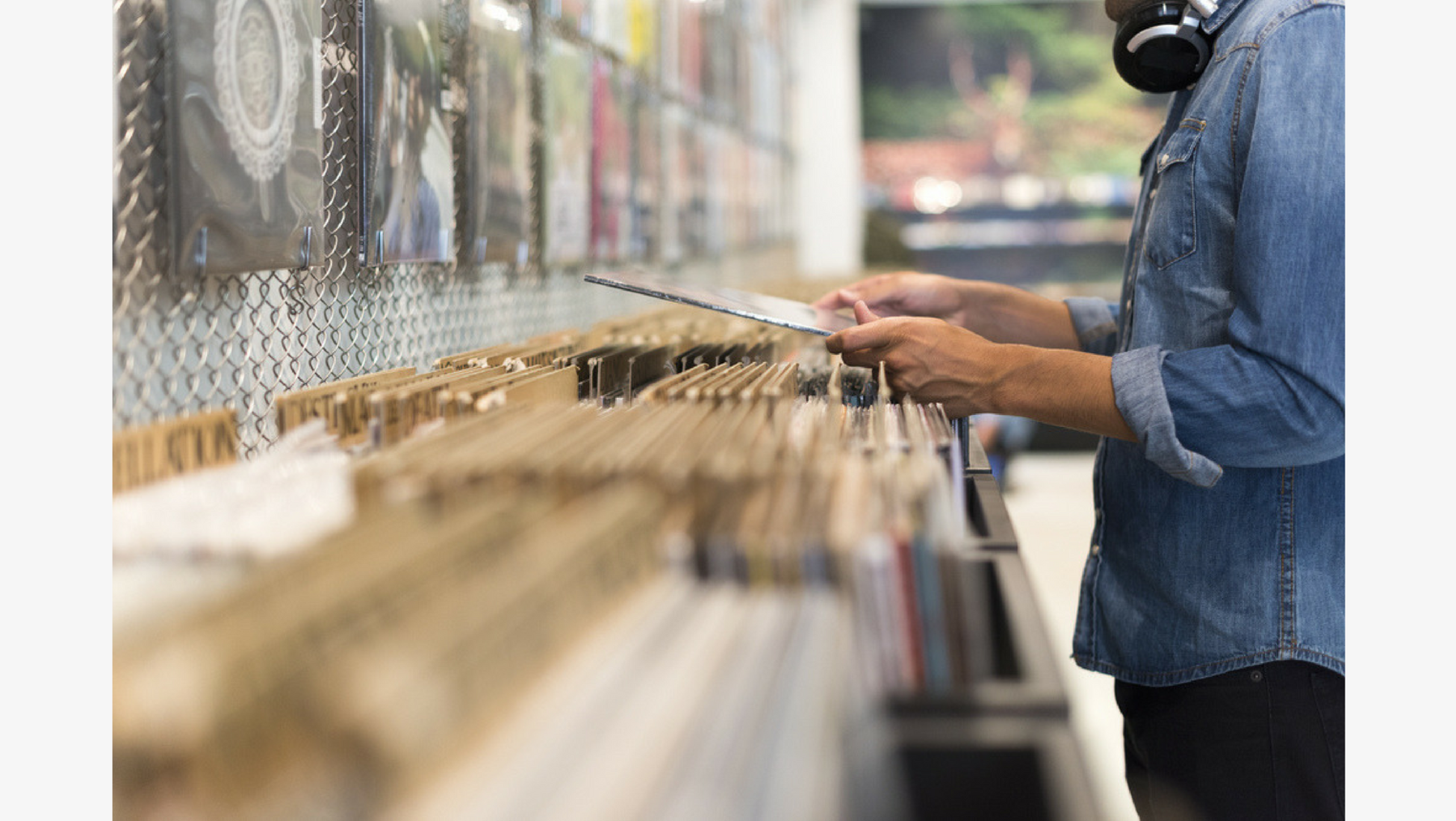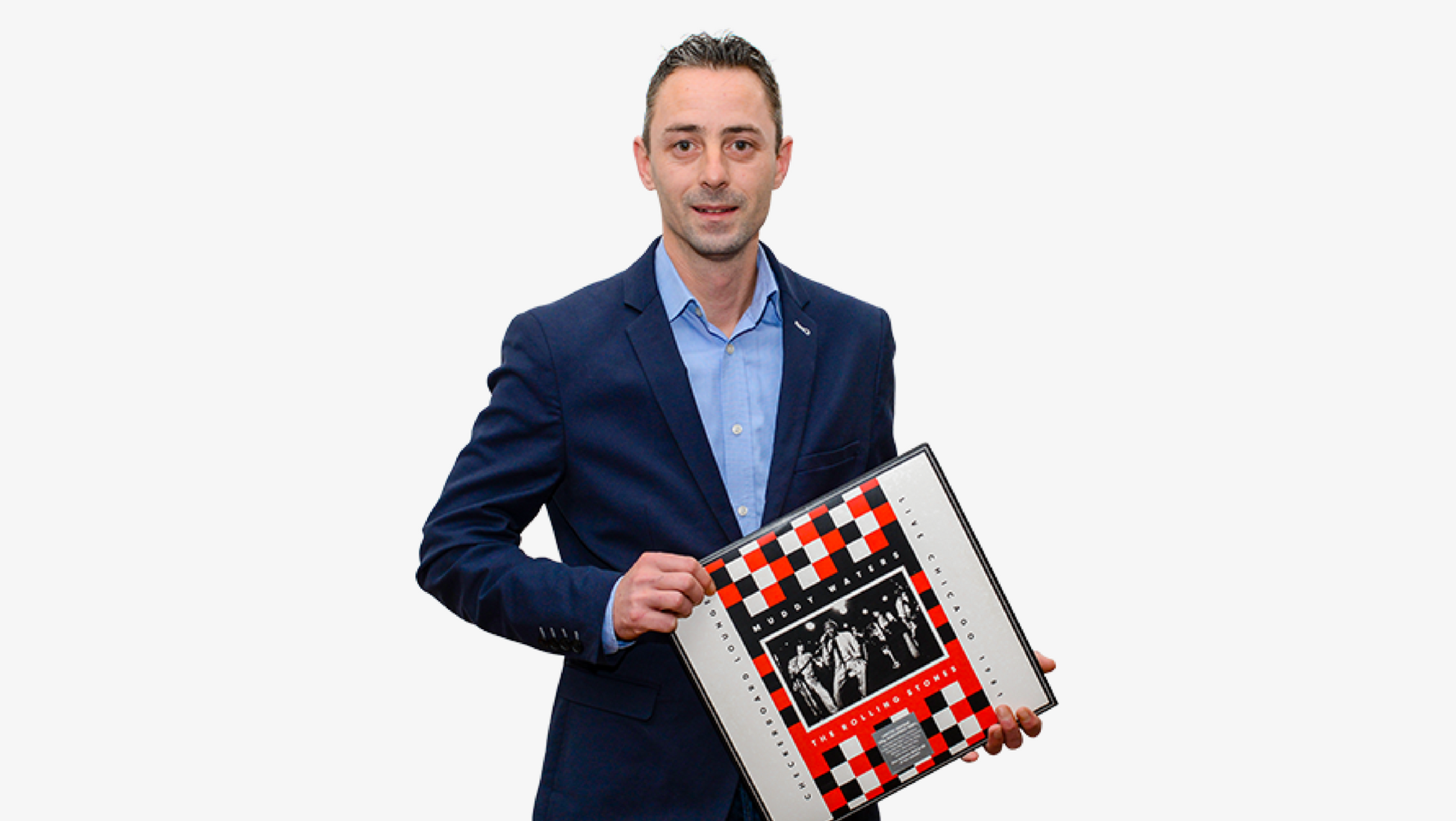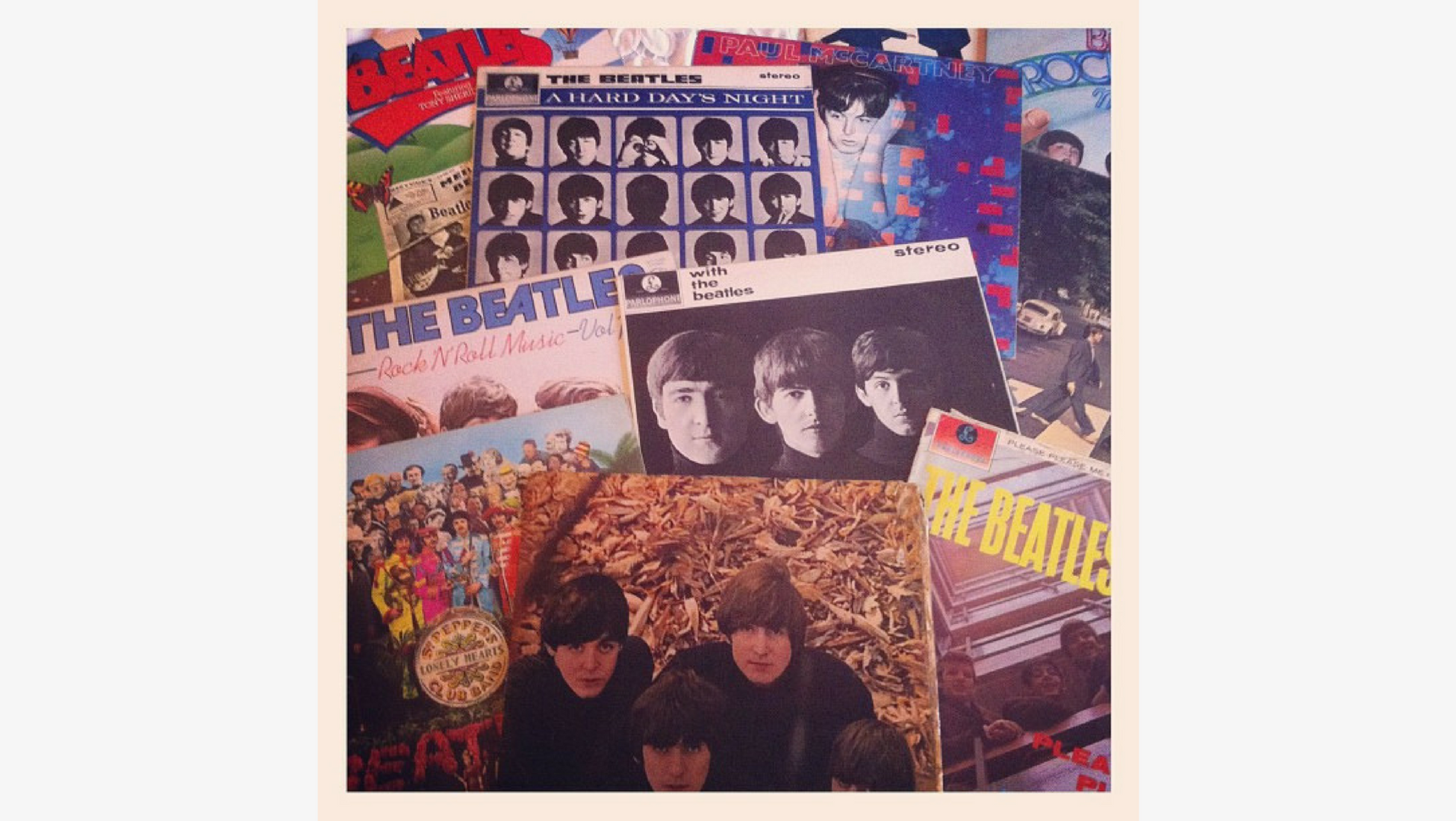On 21st June 1948, a new technology came to the market that would change the music industry forever: LP records. Here we are, seventy years later, and vinyl sales are even higher than they were in the 90s. Is it because of the authentic sound, the enjoyment of collecting or the beautiful album art? Denny Hoekstra, vinyl expert at Europe’s leading auction platform Catawiki, explains why he thinks vinyl has gained ground once again and what he thinks the future of the vinyl market looks like.
LP records’ popularity is still growing
There was only a short period in the past seventy years when the LP record wasn’t the most popular physical medium around, and that’s when the CD reigned in the early 90s until the late 2000s. Around 2007, sales were so low - with only 210,000 units sold in the UK - it almost looked like the LP was dead altogether. But then music streaming came to the market and somehow, around the same time, vinyl sales started to increase again, presumably as a reaction to the digital revolution. With about four million units sold in the UK last year, sales rates are now higher that they were in the early 90s.

Catawiki’s vinyl expert, Denny Hoekstra, explains: “Although it’s a niche market, more and more young people are starting to buy vinyl. They realise it’s fun to own a physical product, to collect and display, instead of just having a file on their phone. It can also be a way to show support of an artist, or a statement of self expression.”

Some say the vinyl revival goes hand in hand with other cries for a more authentic experience, like physical books. A few years ago, many predicted that e-books would take over and replace paper books, but e-book sales have actually declined in recent years and paper book sales have slightly increased. “People want to have a break from their screens. Physical products, such as vinyl and books, provide a good solution,” adds Hoekstra.
Why records are keeping or increasing in value
There has been a general increase in the value of in vinyl because of the renewed interest and increased sales. “Especially for the iconic heroes from the 60s and 70s, like Bob Dylan, Neil Young, The Beatles, The Rolling Stones and Pink Floyd, I’m expecting an increase in value in the coming years. When David Bowie passed away, we saw an increase in value of nearly 400% at times. Of course that has slightly stabilised now.”

Lots of contemporary artists have also started to release their music on vinyl. “Vinyl has become a premium product. People who really care about music in certain genres or by certain artists, are willing to pay up to double the price for vinyl in comparison to CDs or digital albums”, says Catawiki’s vinyl expert. “Rarity, popularity and condition are the main factors in whether the record will hold or increase its value.”
The future of vinyl
Denny Hoekstra is quite optimistic about the future of the vinyl market: “I don’t think vinyl will disappear anytime soon, but it’s still a niche market and I don’t think the popularity will ever go back to the rates of 1977, when it was basically a mass produced product. But as long as there is a flourishing second-hand market for vinyl, turntables and amplifiers, or even continued production of new models like we have seen in recent years, I believe records will remain collectable.”
